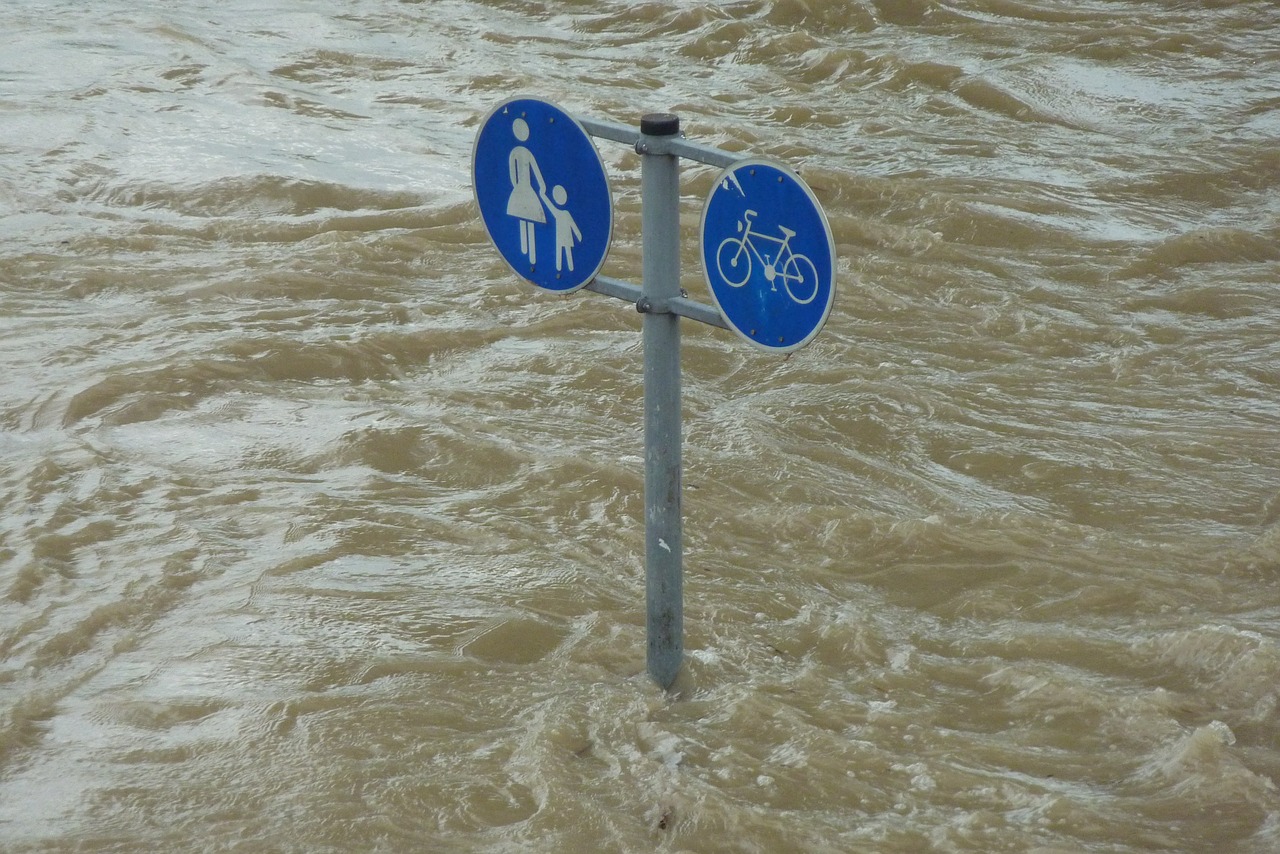 Hermann Traub/Pixabay
Hermann Traub/Pixabay
Solutions to our global water challenges can be found in nature
Planting trees to replenish forests, reconnecting rivers to floodplains, and restoring wetlands are just some of the ways nature-based solutions can provide sustainable and cost-effective solutions to rebalance the water cycle, help mitigate the effects of climate change and improve human health and livelihoods.
Nature-based solutions use or mimic natural processes to enhance water availability and reduce risks associated with water-related disasters and climate change and can help us move beyond the business as-usual approaches to tackle many of the planet’s water challenges, while simultaneously delivering additional benefits vital to all aspects of sustainable development.
The benefits of nature-based solutions include increasing the resilience of countries to climate risks, including droughts, floods and erosions, playing a role in biodiversity and soil protection, ecological rehabilitation and meeting other development challenges such as access to safe drinking water, food security and human health, land degradation neutrality, sustainable cities as well as tourism.
Natural ecosystems and biodiversity are fundamental to sustainability. For example, wetlands function as natural sponges that trap and slowly release surface water, rain, snowmelt, ground water and flood waters, thus helping to slow down the movement of water to surrounding areas. And while nature-based solutions are not a panacea for all of our issues, it is clear that we need to make better use of the solutions already found in nature.
More information: